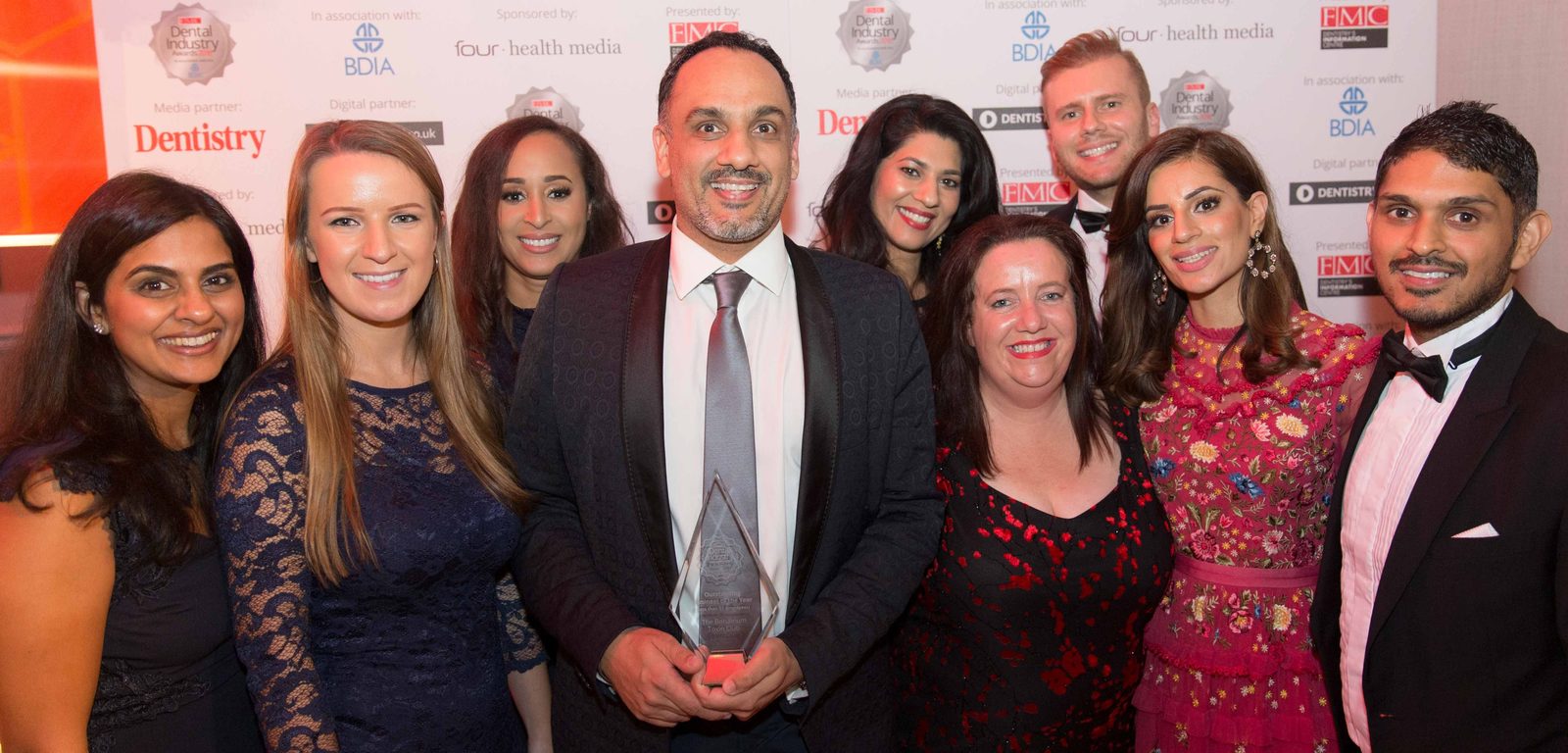 Harry Singh sat down with Dentistry.co.uk to discuss the significance of the new Government-regulated level seven credentials in facial aesthetics, and how dental teams can benefit from achieving this postgraduate qualification.
Harry Singh sat down with Dentistry.co.uk to discuss the significance of the new Government-regulated level seven credentials in facial aesthetics, and how dental teams can benefit from achieving this postgraduate qualification.
Dentistry.co.uk: What is the level seven Injectables Training for Aesthetic Medicine qualification?
Harry Singh (HS): It is the first Government-regulated postgraduate qualification related to treating people using botulinum toxins and dermal fillers.
Dentistry.co.uk: What does it have to do with dentistry?
HS: Dentists are ideally placed to perform non-surgical aesthetic treatment, since we have undergone five years of undergraduate education focusing just on the face, never mind the postgraduate training that follows. A large part of what we learn involves not just teeth but also the anatomical structures allied to the mouth, as well as providing oral treatment that is in proportion with the patient’s face, and we are experts at administering pain-free injection.
We dentists, just like any other healthcare professional that patients see on a regular basis, are in the fortunate position of being able to build rapport and therefore trust. Who better then, for our patients seeking non-surgical facial aesthetic treatment, to deliver it when that all-important trust is already there?
Non-surgical facial aesthetics offer dentists great opportunities, not only in terms of potentially increasing revenue but also to grow in confidence and achieve greater career satisfaction.
Dentistry.co.uk: How is facial aesthetic treatment regulated?
HS: Shocking though it may be, the truth is that there is a distinct lack of regulation when it comes to carrying out facial aesthetic treatments, but I do hope that will change soon. In the meantime, of course, it’s extremely important that dentists learn about non-surgical facial aesthetics from the best possible people and commit to on-going development in the area.
The level seven certificate enables dentists and their teams to future-proof their training for any regulation that may occur in the near future, meeting Health Education England’s (HEE) qualification requirements for delivery of cosmetic procedures.
Dentistry.co.uk: How can dentists find the best possible aesthetics course to meet their needs?
HS: BTC is one of a very few select training companies now offering level seven Injectables Training for Aesthetic Medicine. We’ve put together a comprehensive syllabus that ensures delegates can set up their own practice, gain employment in a cosmetic clinic, or simply offer aesthetic treatments to their existing patients with confidence.
Just as BTC offers, dentists want to look for a blended learning programme that combines face-to-face lectures, online education and clinical practice. Our course has four stages, designed to help delegates get the most from this unique learning experience in a convenient and manageable way.
Dentistry.co.uk: What needs to be covered by level seven education?
HS: An appropriate level seven course will give you a postgraduate level understanding of eight topics related to aesthetic medicine:
- Ethics and law
- Treatment
- Psychology
- Dermatology
- Principles of botulinum toxin
- Practice of botulinum
- Principles of dermal fillers
- Practice of dermal fillers in aesthetic medicine.
And then, in practical terms, by the end of the course delegates need to be able to recognise indications and contraindications for botulinum toxin and dermal filler use, conduct in-depth patient assessments, be confident with a full range of injection techniques, and manage complications.
Dentistry.co.uk: Are there any limitations on who is eligible?
HS: Yes, there are. To achieve HEE compliance, course providers may accept three sorts of GDC-registered dental professionals – dentists, dental therapists and dental hygienists. They may well find themselves amongst medical professionals such as doctors, nurses, midwives and paramedics, as well as pharmacists.
Dentistry.co.uk: Why do you think it is important to achieve the level seven qualification?
We go deep on the core, evidence-based procedures that underpin successful aesthetics practice. It is easier and safer only to widen your range of techniques once you have a solid foundation. From there, you’re all set to work towards your future goals, achieving both professional and personal satisfaction.
If you are interested in learning more about how a level seven qualification could fit in with your practice and benefit your patients, visit www.botulinumtoxinclub.co.uk, email [email protected] or call 07711 731173. BTC’s course offers incredible value and spaces are filling up quickly, so don’t delay!
BTC run Facial Aesthetics Training courses and Botox and Filler Training in London courses.


